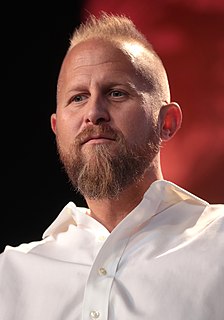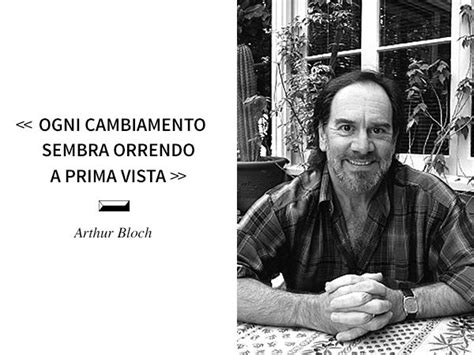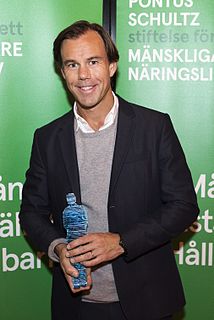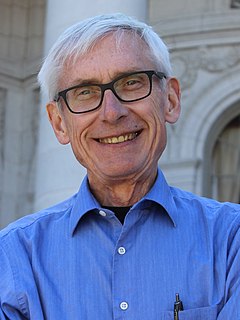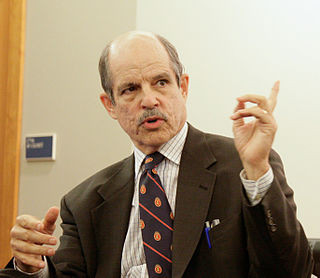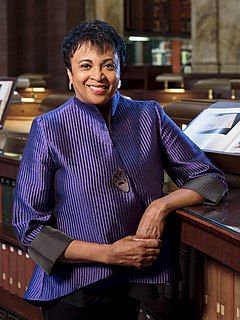A Quote by Ralph Nader
I think most people would like that: probably comes in about ninety percent. They see their public works crumbling, services inadequate, they have libraries and schools and bridges and highways that have not been repaired.
Related Quotes
We like to say the Internet is the ultimate library. But libraries are libraries because people come together and fund them through taxes. Libraries actually exist, all over the country, so why is it such a reach to imagine and to someday build a public institution that has a digital aspect to it? Of course the problem is that libraries and other public services are being defunded and are under attack, so there's a bigger progressive struggle this plays into.
The most encouraging sign is that 71 percent of the public believe the system is profoundly corrupted by the power of money. Ninety-six percent of the people believe it's "important" that we reduce the influence of money. Yet 91 percent think it's "not likely" that its influence will be lessened. Think about that: People know what's right to do yet don't think it can or will be done.
Ninety-nine percent of everyday things are things we don't need - that goes for regular visits to the hairdresser just as it does for clothing. What would it mean if we all consumed 20 percent less? It would be catastrophic. It would mean 20 percent less jobs, 20 percent less taxes, 20 percent less money for schools, doctors, roads. The global economy would collapse.
School choice opponents are also dishonest when they speak of saving public schools. A Heritage Foundation survey found that 47 percent of House members and 51 percent of senators with school-age children enrolled them in private schools in 2001. Public school teachers enroll their children in private schools to a much greater extent than the general public, in some cities close to 50 percent.
Music is, by far, the best art. Nothing even comes close. It's so immediate and emotional. In writing, maybe ninety percent of it is the unconscious and ten percent is control. In music, I think it's probably more like ninety-nine percent the unconscious. It's just a beautiful thing happening through you. And so, too, is writing a great story.

